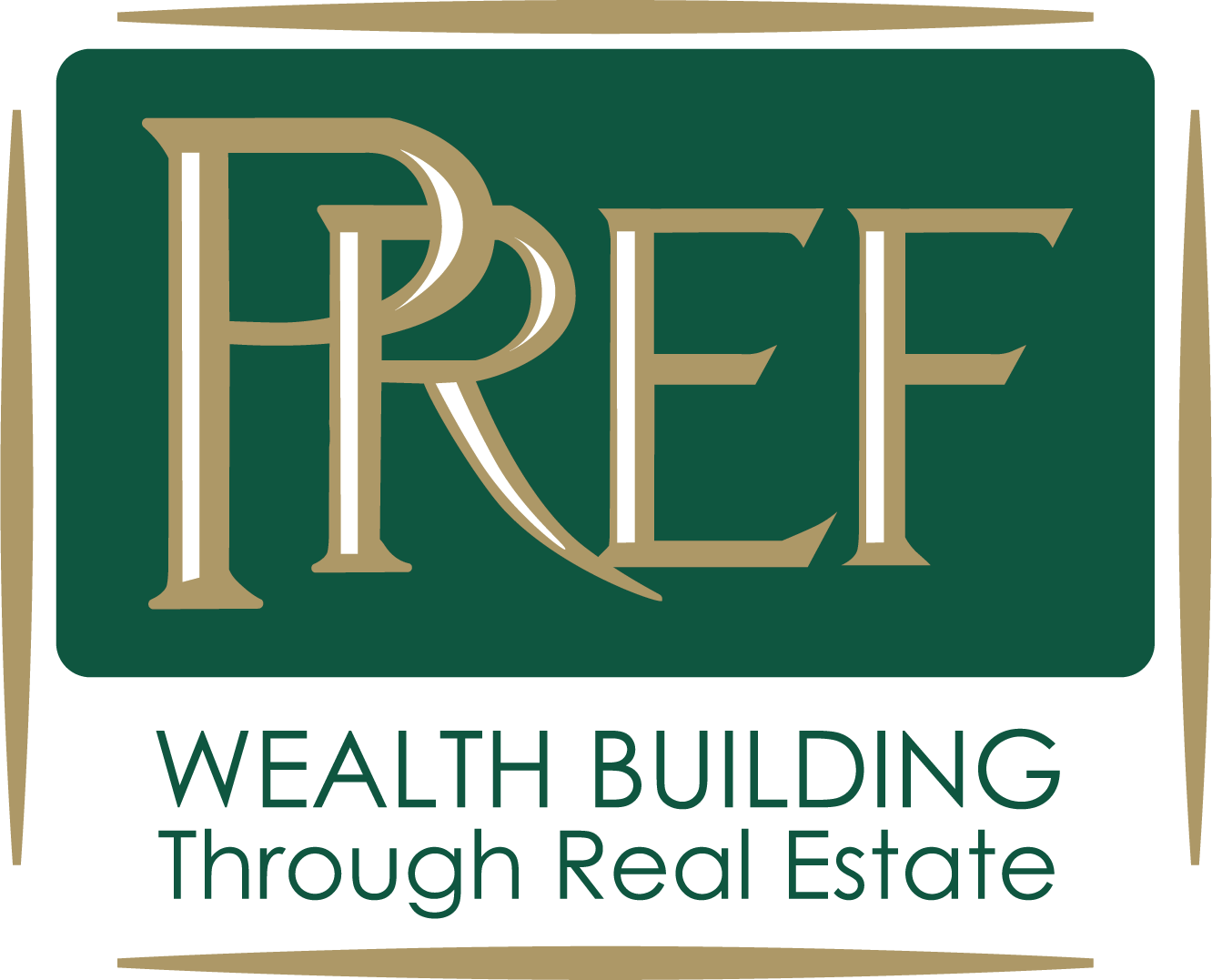2017: A Mature Market
Entering 2017, the investment community finds itself in a Mature Market.
Gone are the days of distressed sellers, foreclosures and properties which could be purchased at steep discounts. Today, properties are cash-flowing, occupancies are high and rents have recovered to peak levels. Combined with cheap debt and investors flush with yield-driven capital, the result is fewer opportunities coupled with property values at pre-recession levels (or, in some instances, even higher).
So, what happens when investment opportunities diminish and the market tightens? Development becomes an increasingly attractive option for value-added investing. Historically, seven years into a recovery, speculative development has already begun, but that has not been the case.
This cycle is unique for several reasons:
- The depth of the recession
- The impact of new regulations on financial institutions
- The headwinds to demand created by online retailing and office-sharing concepts
To be sure, infill, mixed-use urban retail concepts; mega, mixed-use projects and large distribution facilities built for specific users have picked up the slack, as well as microbreweries and film studios (at least in Atlanta), but in general, the recovery in the development community has not been as widespread as in previous cycles.
One exception to this is the multi-family sector which has been spurred by lack of affordable housing; new urbanism; and cheap, government-backed financing.
In its article, “Luxury Apartment Boom Looks Set to Fizzle in 2017,” The Wall Street Journal reports, “Landlords of upscale properties across the U.S. are bracing for the rough conditions in 2017 that will likely force them to slash rents and offer deep concessions as a glut of supply brings a seven-year luxury-apartment boom to an end.” Trouble is coming for the apartment sector. Maybe not in 2017, but soon.
What do we see for 2017?
- A good, but not great year for investing.
- Interest rates will increase, but will still be cheap by historic standards—with only a marginal effect on investment.
- A combination of more solid incomes and continued low interest rates will result in good cash flows.
- Industrial will be the most active development sector, with office and retail a distant second and third.
- Apartments will lease but with lower rent and other concessions. Some announced properties will be put on hold. We anticipate some financial distress.
A wild card is the impact a Trump administration will have on the market, particularly the financial sector. Whether positive or negative, it will take time for new policies to be implemented. While there might be an immediate psychological impact, we do not expect any real impact until late in the year or 2018.
At PREF, we will continue to look for niche opportunities in areas with good growth fundamentals. Our focus will be on sustainable cash flow with some increase in long-term value. This might include joint ventures with others who have solid value-added concepts or opportunities.
In summary, we expect 2017 to be another good year for real estate in Atlanta.
What are your predictions for the real estate industry in Atlanta or in other cities?



